Golf carts are commonly used in golf courses, resorts, retirement communities, and even some businesses and homes.
Whether for leisure or commercial use, the battery is the heart of a golf cart, ensuring it runs smoothly and efficiently.
This article will provide an in-depth look at the types of golf cart batteries, their specifications, voltage requirements, battery sizes, and how to choose the best battery for your needs.
Table of Contents
Types of Golf Cart Batteries
Golf carts typically use two main types of batteries: lead-acid batteries and lithium batteries. Each type has its pros and cons, depending on the user’s needs.
Lead-Acid Batteries
This is the traditional golf cart battery type, which comes in two forms: flooded lead-acid (FLA) and sealed lead-acid (AGM and GEL).
Lead-acid batteries are less expensive but heavier, have a shorter lifespan, and require regular maintenance, such as adding water.
Despite these drawbacks, they are still a popular choice for many golf cart owners, especially those on a budget.
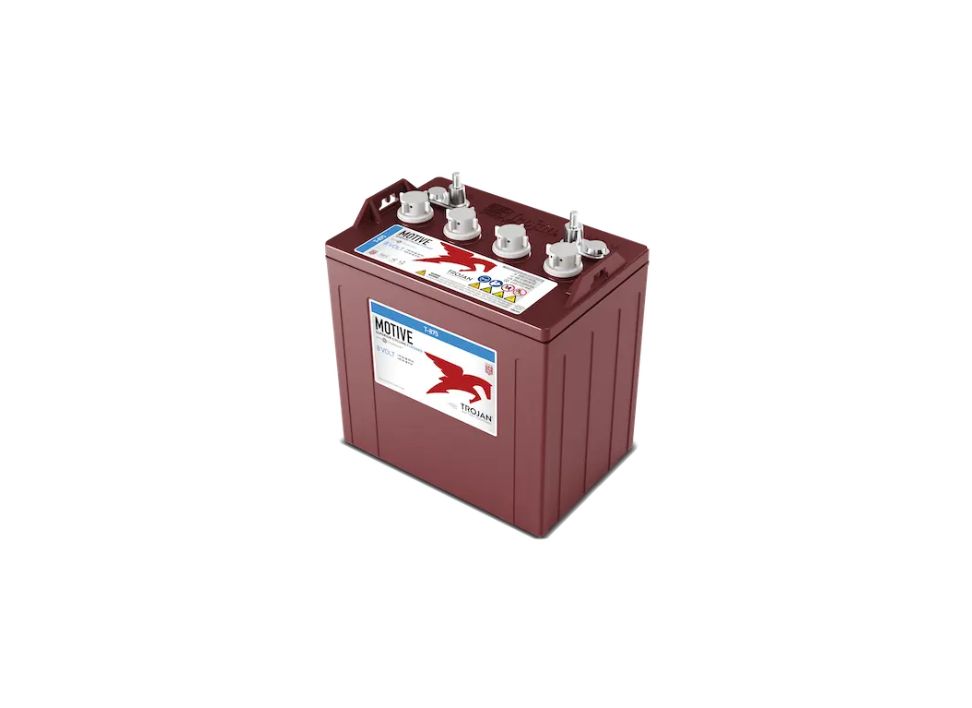
Lithium Golf Cart Batteries
In recent years, lithium batteries have become the preferred choice for many golf carts, especially in the higher-end market.
Lithium batteries are lighter, more energy-efficient, charge faster, and have a longer lifespan. Although they are more expensive upfront, their long-term benefits in performance and reliability often outweigh the cost.
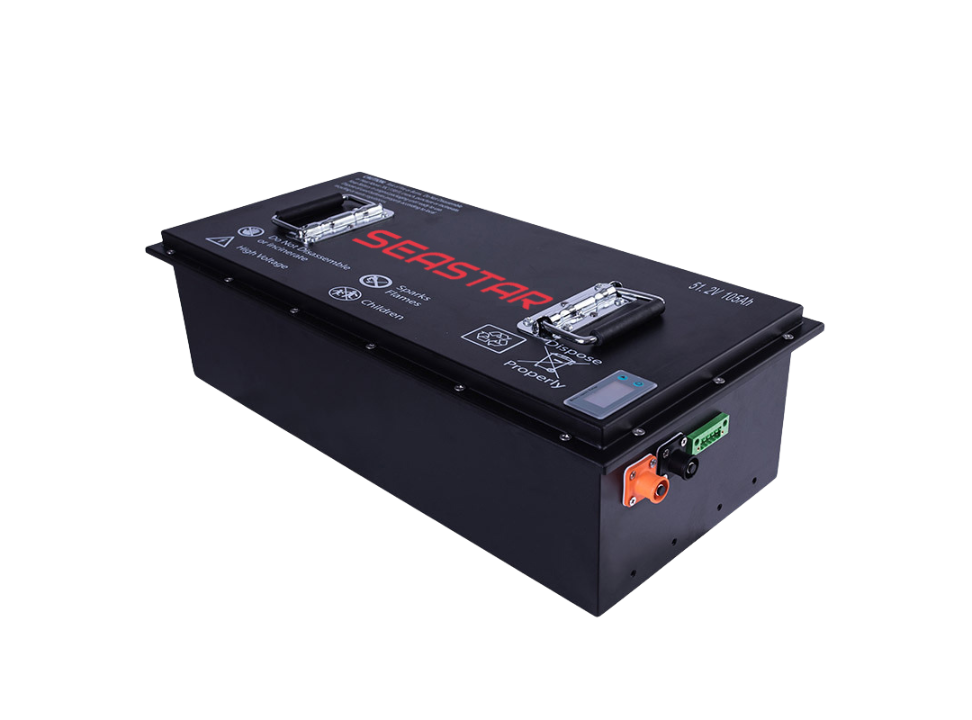
Golf Cart Battery Specifications
Golf cart battery specifications include voltage, capacity, and size, all of which directly affect battery performance and compatibility.
Voltage
Common golf cart battery voltages are 6V, 8V, and 12V. Most golf carts use 6V or 8V batteries, which are connected in series to provide the required voltage.
For example, a 24V system typically uses four 6V batteries in series, while a 48V system uses six 8V batteries in series.

Capacity (Ah)
The capacity of a battery is measured in amp-hours (Ah), which indicates how much energy the battery can store.
For example, a 12V battery with a capacity of 100Ah means it can supply 1 amp of current for 100 hours, or 10 amps for 10 hours.
Size
Battery size is related to its capacity and voltage, and it is important to choose a battery that fits your golf cart’s battery compartment.
Improper installation may result in the battery not functioning properly or even causing safety hazards.
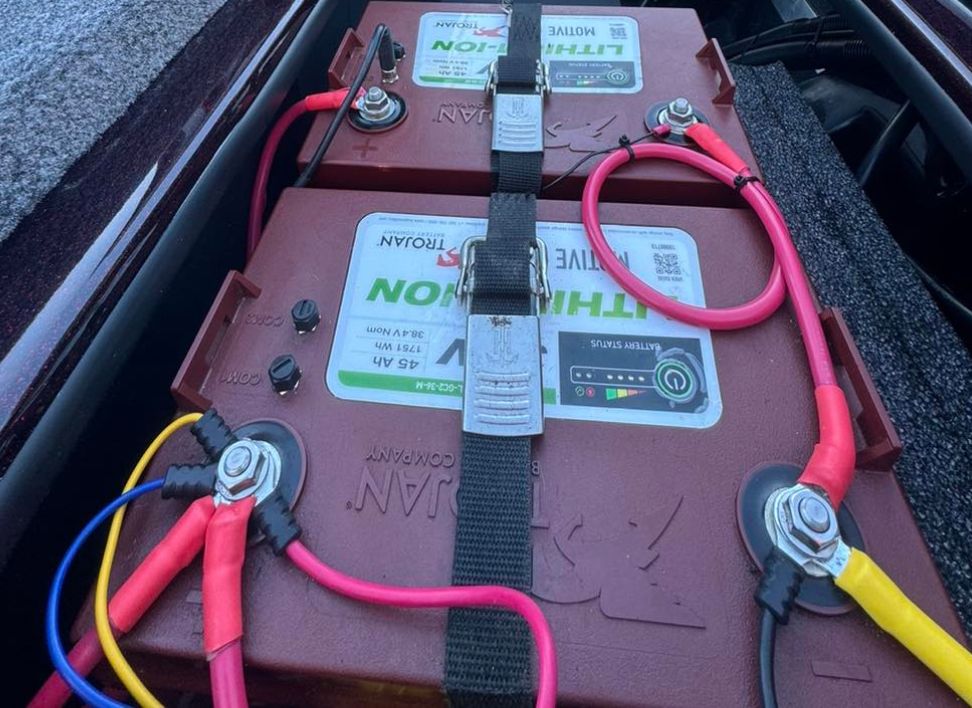
How Many Batteries Does a Golf Cart Need?
Golf carts typically use multiple batteries to achieve the desired voltage. Here’s how the number of batteries is determined:
24V system
Uses four 6V batteries connected in series.
36V system
Uses six 6V batteries connected in series.
48V system
It uses six 8V batteries connected in series or eight 6V batteries connected in series
The number of batteries affects the golf cart’s range and power, especially when operating for long periods or on rough terrain.

Lithium Golf Cart Battery Models
Lithium batteries, a newer battery for golf carts, offer many advantages over traditional lead-acid batteries.
These include better capacity, longer lifespan, and faster charging times. Common lithium battery models used in golf carts include:
12V Lithium Battery
Suitable for smaller golf carts or specific applications. These batteries are lightweight, charge quickly, and are typically used in low-power golf carts.
24V Lithium Battery System
This system comprises two 12V lithium batteries connected in series and is ideal for smaller or medium-sized golf carts. The 24V system offers sufficient power and longer runtime, commonly found in leisure or light-duty golf carts.
48V Lithium Battery System
The most common lithium battery system for golf carts is typically used in standard and high-performance models. A 48V system provides longer runtime and higher power output, making it ideal for most golf carts, including those used on more challenging terrain or for longer periods.
72V Lithium Battery System
Used in high-end golf carts, especially those that require high power and long-lasting battery life. A 72V system is often found in larger golf carts used in resorts or commercial fleets.
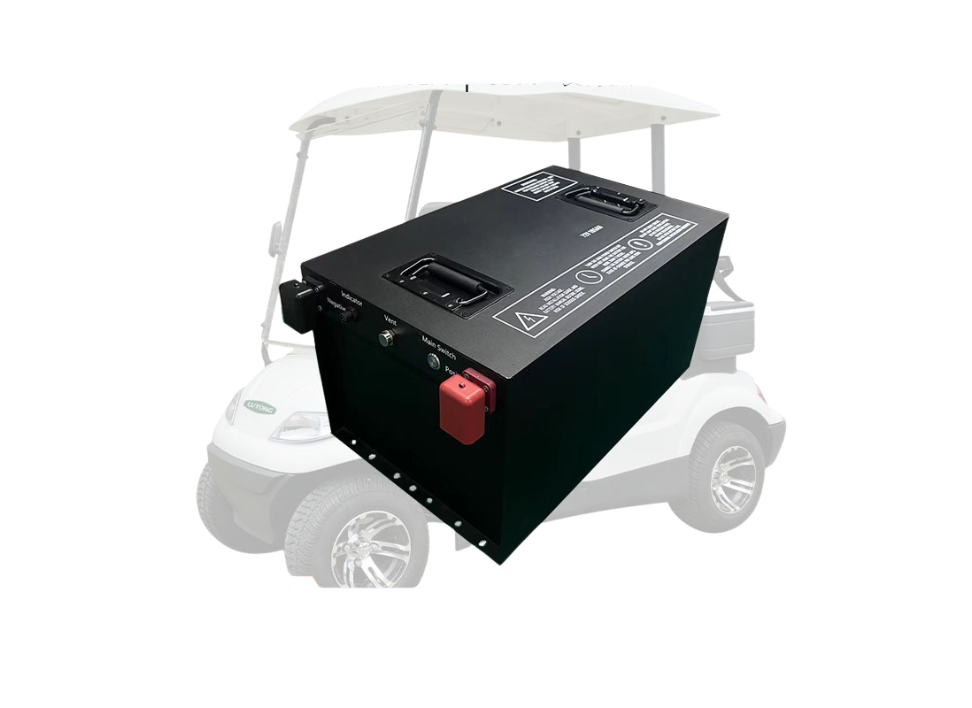
When selecting a lithium battery, make sure it’s compatible with your golf cart’s system. Although lithium batteries are more expensive initially, their long lifespan and lower maintenance costs often make them a more economical choice in the long run.
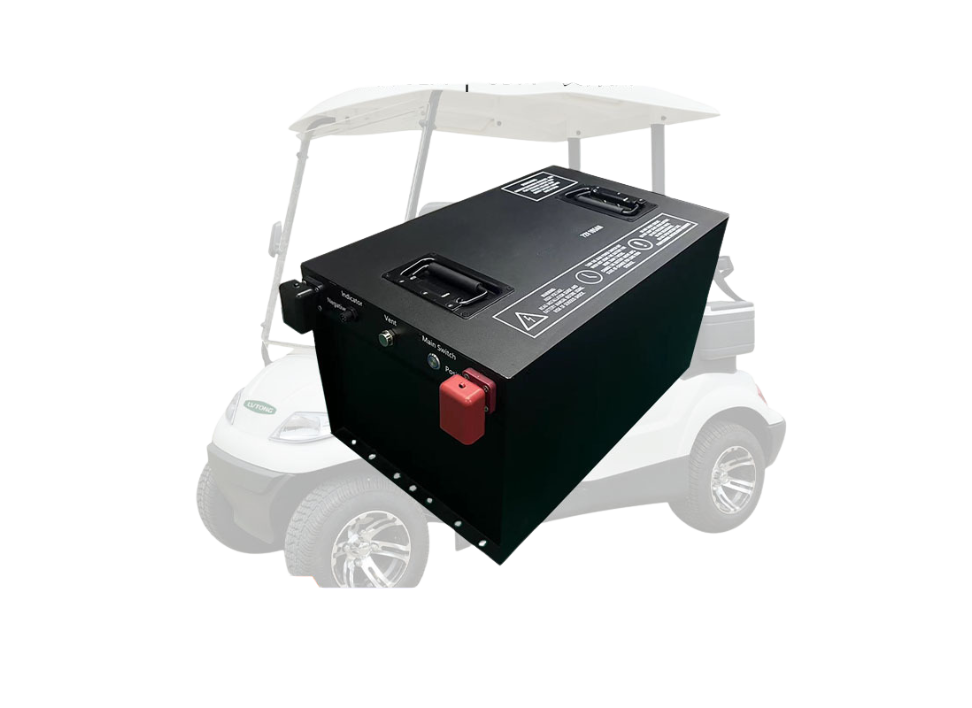
How to Choose the Right Golf Cart Battery
When choosing the right battery for your golf cart, there are several factors to consider:
Budget
Lead-acid batteries are cheaper upfront but may require more maintenance and need to be replaced sooner. Lithium batteries have a higher initial cost but provide long-term savings due to their longer lifespan and lower maintenance needs.
Usage and Range
If you plan to use your golf cart frequently and need it to last for longer periods, lithium batteries may be the better option due to their long runtime and fast charging speed.
Maintenance
If you don’t want to spend time maintaining your battery, lithium batteries are a great choice since they require little to no maintenance. Lead-acid batteries, on the other hand, need regular monitoring and maintenance, such as checking water levels and cleaning terminals.
Performance
If you frequently use your golf cart in harsh weather conditions or on rough terrain, a lithium battery’s superior performance and durability can be a big advantage.
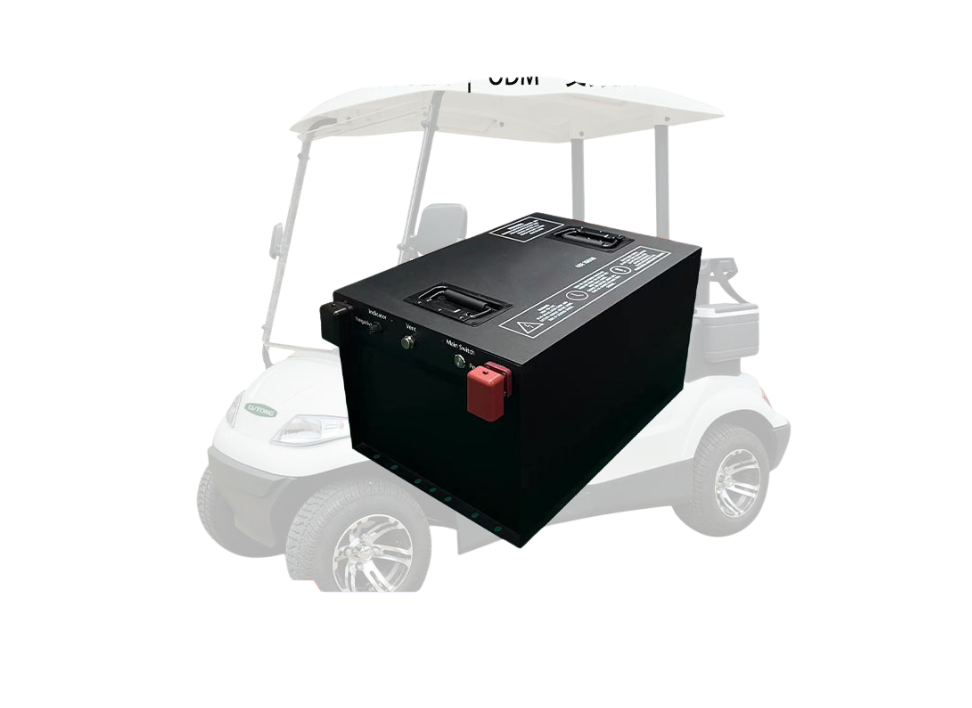
Conclusion
Choosing the right battery for your golf cart is essential for ensuring optimal performance, longevity, and cost-effectiveness.
Whether you choose a lead-acid battery or a lithium battery, understanding the different types, specifications, and battery sizes will help you make the best choice for your needs.
Consider factors like budget, usage, and maintenance to ensure that you get the most value and reliability from your golf cart’s battery.